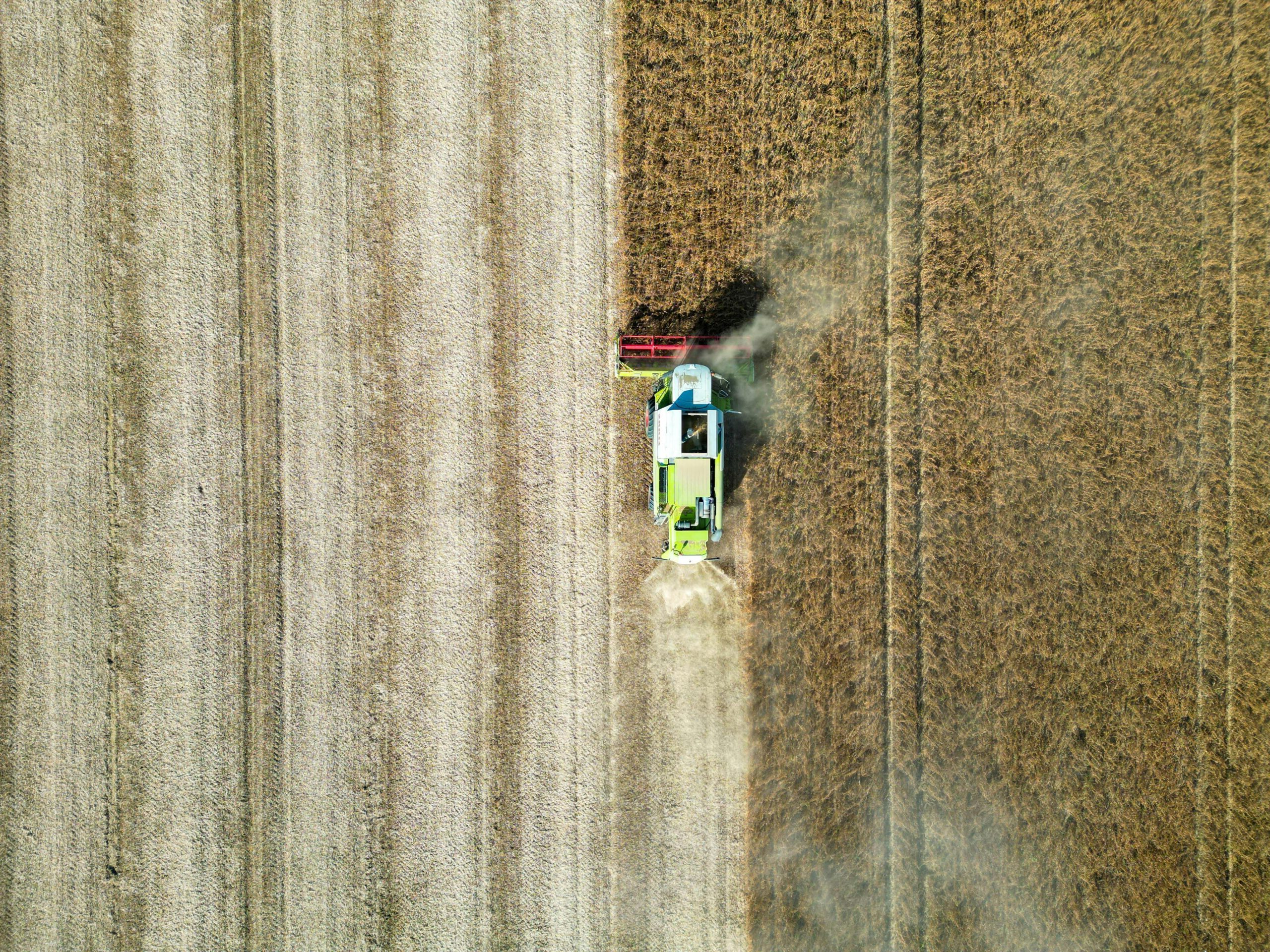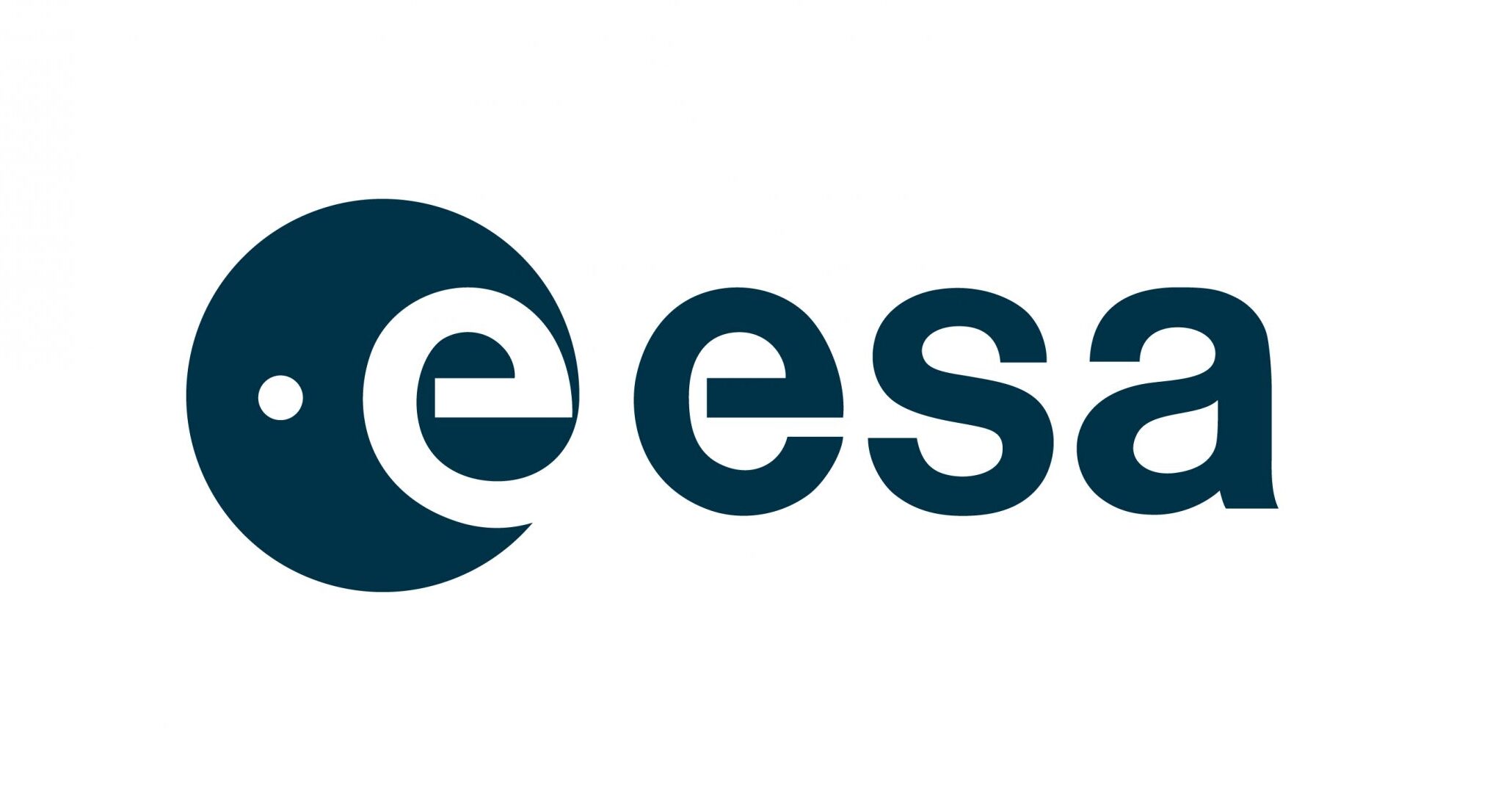Resilience Ratings for Agriculture and the Rural Economy
Resilience Ratings for Agriculture
Our Resilience Ratings for Agriculture deliver repeatable, systematic information on the resilience of rural businesses to climate related hazards.
- Uncover Your Climate Risks: Identify exposure, sensitivity & adaptability to specific climate hazards.
- Inform Investment Decisions: Gain insights on the need for adaptive or transformational finance.
- Optimise Your Strategy: We provide additional information on effective climate mitigation measures & technologies.

Bring Clarity
A ratings exercise that illuminates the complexities of climate risk and helps you define your path forward
Global Application
Our ratings can be configured to any agricultural system around the world
Finance Relevant
Our system is designed to match adaptation needs with appropriate financial products
Technology
Satellite based earth observation is a powerful tool to monitor and assess conditions in agricultural systems, forests and water resources.
Resilience Constellation has expertise in translating scientific data and information into operational systems for business, addressing key challenges. We bring together the best technologies and expertise to deliver scalable solutions. We have experience of delivering successful initiatives in several countries.
Through our contract with ESA on the VOLT mission we will access the next generation of high resolution hyperspectral imagery in addition to mainstay sources of data such as the Sentinels and climate monitoring networks.


For a Resilient Food System
We're concerned that many of the foods we love, and the livelihoods of those who produce them, are threatened by climate change.
Mission
Resilience Constellation aims to support effective climate resilience and adaptation in agriculture, forests, coastal, and freshwater environments.
Customers
We aim to make our products relevant, affordable and readily usable by our customers, creating structured, scalable programs to meet the needs of this vital market.
The Challenge
Finance to support adaptation can only be used effectively if it is applied appropriately. Poor application of finance can make matters worse, leading to systemic failures within a food system.
Collaboration
We work with a range of experts, service providers and partners around the world, bringing together finance, data and knowledge.
Our team has decades of experience in international forestry, agriculture and finance
Read our unique insights and analysis on our blog
What are the different stages involved in a Climate Resilience Ratings project?
Our ratings are delivered through a multi-step process as follows:
- Background Research into the situation and definition of the target groups.
- Configuration of a rating survey based on our templates – customisation or preliminary testing, as required.
- Data collection, which can include training and support of data collectors, if required.
- Data Analysis and triangulation with climate records and satellite information.
- Formation of a climate resilience rating report and feedback to farmers.
Contact us to discuss further details on how we can tailor our approach to the needs of your organisation.
What is a Climate Resilience Rating?
A measure of climate resilience. The resilience rating ranges from A (high resilience/ low vulnerability) to E (low resilience/ high vulnerability). The resilience rating is derived from a resilience index score, which is a function of scores for four separate component indices for exposure, sensitivity, adaptability and transformability
How does Resilience Constellation ensure the success of their projects?
At Resilience Constellation we work closely with our clients throughout the entire project lifecycle to ensure that their objectives are met. Our approach can be tailored to meeting the specific needs of each organisation.
How do our Climate Resilience Ratings benefit the farmers involved?
Our aim is to share the results of our surveys with the farmers who have contributed. To do this we are developing a platform that will enable farmers to:
- Benchmark their performance against other farmers in the same country or region;
- Gain access to ideas from other farmers in the area and individuals with relevant expertise on how to increase their resilience.
The nature of the information we are able to share with farmers will depend to some extent on the requirements of our customers.
What is the difference between climate change adaptation and climate resilience?
While often used interchangeably, in this context, adaptation and resilience have distinct meanings:
Climate change adaptation: Refers to the process of adjusting to immediate or expected impacts of climate change.
Climate resilience: The capacity of systems (social, economic and environmental) to cope with climate hazards. It goes beyond adaptation and includes the ability to anticipate, withstand, recover, and learn to adapt to a changing climate.
What are the key regulatory and voluntary reporting requirements to support climate change and resilience in agriculture?
Key regulatory and voluntary reporting requirements and standards include the Sustainable Finance Disclosure Regulation (SFDR) in the EU, the International Financial Reporting Standards (IFRS) S1, the Task Force on Climate-related Financial Disclosures (TCFD), and Global Reporting Initiative standards (GRI).
Our Climate Resilience Rating Reports can provide you the insights needed to effectively meet these reporting requirements.






